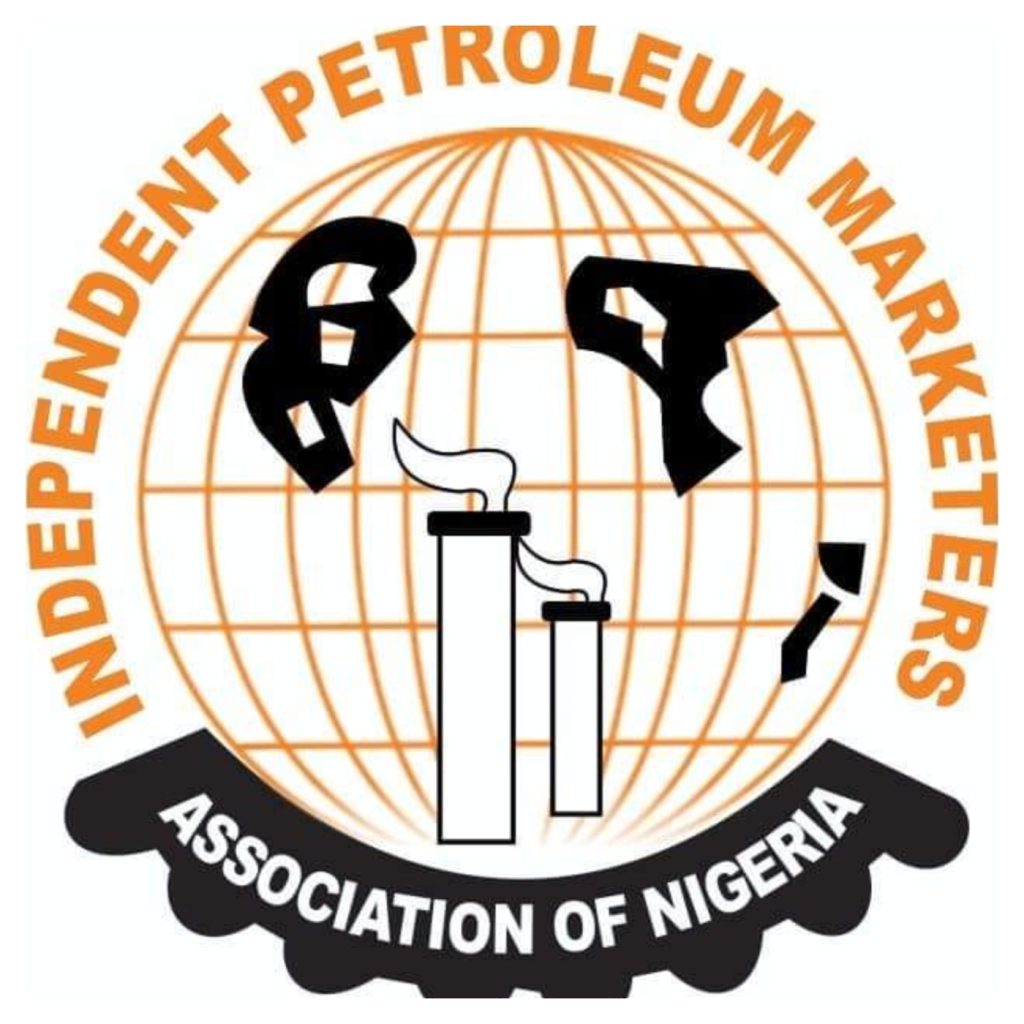Sapphire Egemasi, a Nigerian technology enthusiast, may be facing a prison term exceeding 20 years in the United States after being taken into custody by the Federal Bureau of Investigation (FBI).
She was detained due to her alleged involvement in a widespread fraud operation that targeted several government agencies in the US.
Egemasi, a programmer with a Devpost profile, was apprehended around April 10, 2025, in the Bronx, New York, along with other individuals including Samuel Kwadwo Osei, who is believed to have been the ring leader.
Their arrests are linked to a federal grand jury indictment issued in 2024, which accused them of various internet fraud and money laundering offenses allegedly committed between September 2021 and February 2023.
According to investigators, Egemasi and her Ghanaian associates plotted to defraud the city of Kentucky of several million dollars.
Investigators say her part in the scheme involved creating fake websites that mimicked US government domains in order to capture login information and redirect stolen funds.
Reports indicate that before she was arrested, Egemasi lived in Cambridge, United Kingdom. Authorities suspect she also resided in Ghana at one point, where she likely connected with the other members of the group.
She is believed to have led the group’s tech operations, managing the development of fraudulent websites and coordinating wire transfers to accounts under the syndicate’s control.
Records from text messages show that in August 2022, the group diverted $965,000 stolen from Kentucky into a PNC Bank account.
In another transaction during the same period, $330,000 was moved into a Bank of America account.
To explain her financial resources, Egemasi is said to have claimed past work experience, mostly internships, at several large multinational firms including British Petroleum, H&M, and Zara.
Known widely online as ‘tech queen’, Egemasi cultivated a refined online image, especially on LinkedIn, where she promoted her professional abilities and “flaunted a luxurious lifestyle”.
Her social media posts often displayed images of extravagant trips to places like Greece and Portugal, which prosecutors allege were funded through illegal means.
Egemasi and her co-defendants are currently being held in federal detention and are awaiting trial in Lexington, Kentucky.
If found guilty, they each face a maximum of 20 years in prison, steep financial fines, and deportation to their countries of origin once their sentences are completed.

 BIG STORY3 days ago
BIG STORY3 days ago
 BIG STORY19 hours ago
BIG STORY19 hours ago
 BIG STORY4 days ago
BIG STORY4 days ago
 BIG STORY3 days ago
BIG STORY3 days ago
 BIG STORY2 days ago
BIG STORY2 days ago
 BIG STORY4 days ago
BIG STORY4 days ago
 BIG STORY4 days ago
BIG STORY4 days ago
 BIG STORY3 days ago
BIG STORY3 days ago






















